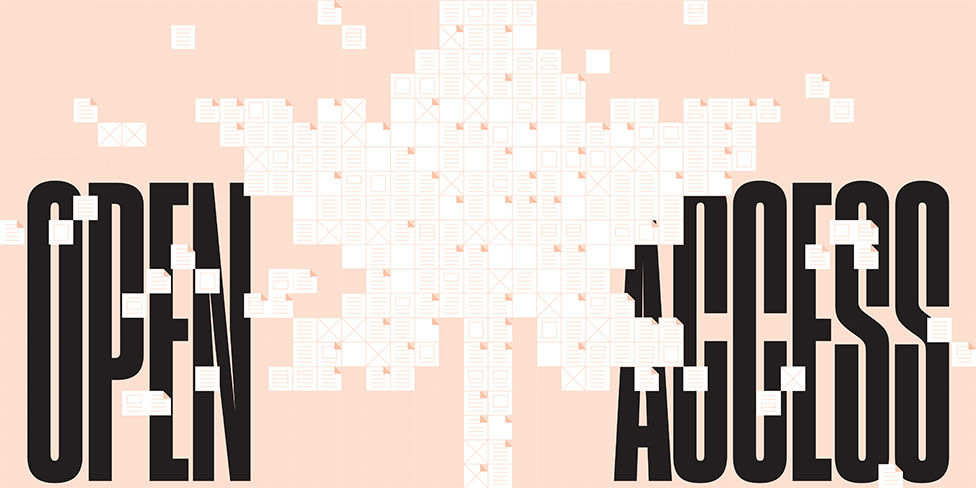-
Open access: a diamond in the rough?
Science policy is increasingly talking about diamond open access. But what’s it all about?
-
Changing academic culture with a narrative CV
Replacing the traditional ‘listing everything’ approach is long overdue.
-
How to save French-language science
The latest report from the Standing Committee on Science and Research concludes that a serious shake-up is needed to restore French-language science to its former glory in Canada.
-
Research re-imagined
As academics experiment with the graphic novel form, their research is reaching – and influencing – new audiences.
-
Catching up on open access
A decade ago, Canada was at the forefront of open access publishing. Now critics say those policies are due for a drastic rewrite.
-
It’s time for Canada to adopt open access for taxpayer-funded research too
The new, bold position of the U.S. government should be a wake-up call to the changing environment of Canadian academia.
-
The rise of preprints
How COVID-19 has transformed the way we publish and report on scientific research.
-
Is Canada ready for open access?
Strategic investments are needed to support all stakeholders in the transition to research equity.
-
Finding good papers in the age of social media and reduced travel
It is incumbent on scientists to make sure that the ‘loudest’ research isn’t the only stuff we read.
-
As journals proliferate, what happens when we can’t find enough peer reviewers?
While a fee-for-service system may be justified in a world where transactional exchanges of time and money are commonplace, academic publishing seems to sit outside this because the incentives are not solely monetary.
-
The San Francisco Declaration on Research Assessment is gaining ground in Canada
By proposing an update to traditional criteria for evaluating applications, the declaration asks the research community to rethink its approach.
-
Caveat emptor: preprint servers in biomedical science
While the advantages of preprint servers are numerous, researchers need to be very clear about the fact that these findings have not been formally assessed by the scientific community.
-
Canada must embrace new digital developments in scholarly publishing
Exciting innovations in journal publishing worldwide are leaving us behind in terms of knowledge dissemination.
-
Publish or perish: women in research call for an end to systemic discrimination
The global COVID-19 crisis offers universities the ideal pretext to change their practices and rethink their definition of academic work and its value.
















